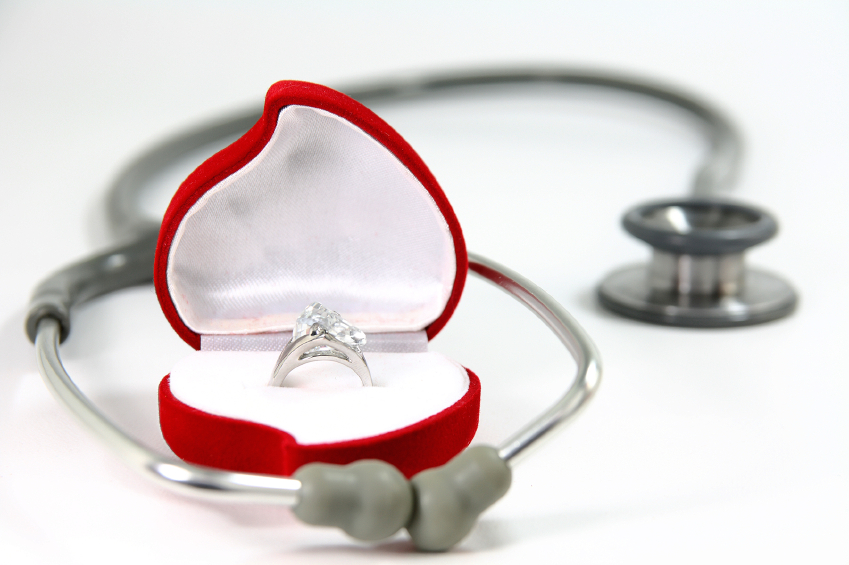A recent study I chanced upon blew my mind as it explained how married patients have a higher chance of swerving cardiovascular deaths than unmarried people. It stated that the marital status of a patient played a role in the recovery process of the individual.
The study registered that the deaths recorded mostly had a higher percentage of unmarried people (62 per cent) while lesser deaths were recorded for married people (14 per cent). Now, what is the link? When married, patients are said to receive enough social support and companionship, a key factor that helps them offload stress and worry.
Admittedly, the news of having a cardiovascular disease may shatter one’s happiness. It puts the individual in an unstable mood and in dire need of strength and motivation to move on. However, once there is social support from a partner, patients are able to smile through the journey.
On the contrary, modern times have seen quite the opposite of this study. What recent news presents to our society is cases of heart attacks and diseases, sometimes triggered by the actions of spouses of patients. So is being married really a plus for people having heart diseases or is it a shaky premise?
Although the role or responsibility of a partner is to offer companionship and help one go through the various phases of life, contemporary days have seen many people preferring to go through these phases as a single being than as a couple, just for peace of mind’s sake.
A study conducted within the span of four years revealed that after the data collection in the first year, three years on, those who had happy marriages were healthier as compared to those in bad marriages as it was observed that stressed partners had begun to develop thickening of the left ventricle, one of the chambers of the heart.
This thickening is associated with decreased heart function and other heart-related problems.

